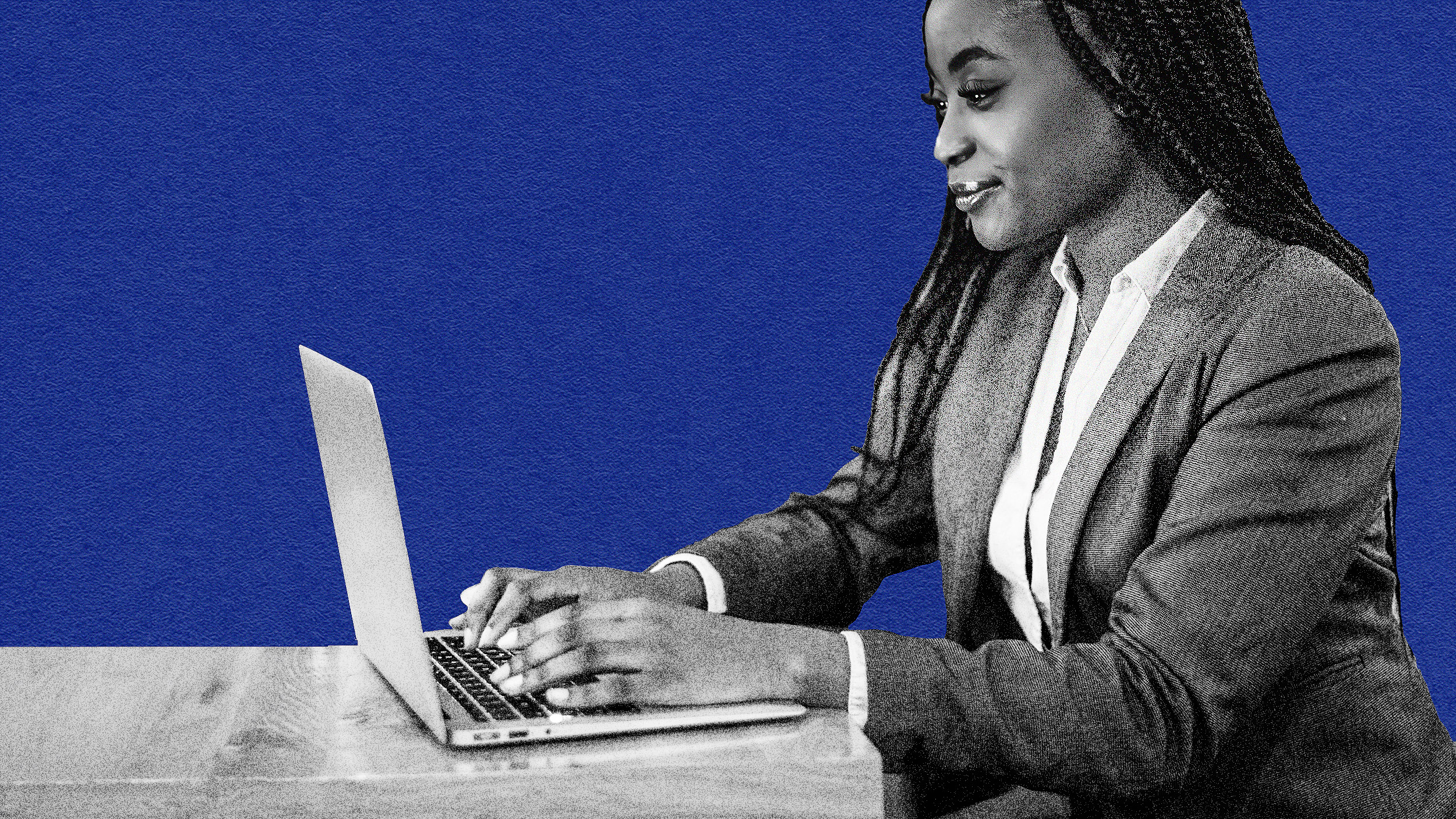Harvard Business School Professor Max Bazerman discuses how important it is to not just to be able to focus, but to be a good noticer as well. Bazerman is the author of The Power of Noticing: What the Best Leaders See (http://goo.gl/GMRnBV).
Max Bazerman: I’ve spent the last dozen years thinking about what I consider to be one of the fundamental challenges of leadership and that is the challenge to notice critical information in your environment. There are so many interesting stories of the new millennium, of situations where there were people who behaved inappropriately and they get an awful lot of attention in the headlines from Madoff to J.P. Morgan’s recent problems to Enron. And across the hundreds of scandals there are often some bad people doing some bad things. My focus is not on those individuals but the fact that in each of those cases there are so many other people who should have noticed something was wrong and they didn’t.
Warren Bennis the leadership scholar talked about one of the characteristics of an excellent leader as somebody who is a first class noticer. And my book on The Power of Noticing is really an attempt to help MBA students, executives to become first class noticers so that they can be aware of problems, challenges and opportunities that would allow them to be more effective. The truth is I don’t consider myself to be a particularly effective noticer. I’ve been working on it a lot in the last dozen years but I always took pride in my ability to focus as opposed to my ability to notice. And some of us who focus very, very effectively might want to think about the question of whether they can develop the skills of noticing to go along with their skills of focusing.
A number of years ago I had an opportunity to notice and I failed to do so and it’s been an obsession with me ever since. On March 10, 2005 I was hired by the U.S. Department of Justice in a landmark case that they were fighting against the tobacco industry. I was hired as a remedy witness. That is, I was hired to provide recommendations to the court about what the penalty would be if, in fact, the Department of Justice succeeded in its trial against the tobacco industry. I had spent a couple hundred hours working for the Department of Justice including submitting my written direct testimony which had been submitted to the court.
I was scheduled to be on the stand on May 4 where the tobacco industry attorneys would be asking me a series of questions. On April 30, a number of days before my May 4 testimony I was in Washington D.C. to meet with the Department of Justice attorneys to prepare for my time on the stand. When the day started the Department of Justice attorney that I had been working with said to me, “Professor Bazerman.” This occurred long after he had learned to call me Max. He said, “Professor Bazerman, the Department of Justice requests that you amend your testimony to note that the testimony would not be relevant if any of the following four conditions existed.”
He then read to me four legal conditions that I didn’t understand. When he was done talking I said to him, “Why would you ask me to amend my testimony when you know that I didn’t understand what you just said to me.” And his response was because if you don’t agree, there’s a significant chance that senior leadership in the Department of Justice will remove you from the case before you are on the stand on May 4. To which I said, “Okay, I don’t agree to those changes.” And his response was, “Good. Let’s continue with your preparation.” I was jarred by the fact that something very strange had occurred. But I was overwhelmed in life. I was trying to help this case and I didn’t quite know what had occurred. But to this day I’m critical of the fact that I took no action. I did appear on trial on May 4 and the trial ended in early June.
But on June 17 I woke up in a hotel room in London. I was working with another client at the time. And I woke up early at 5:00 a.m. and I opened up The New York Times web edition and I read a story about Matt Myers, the president of Tobacco Free Kids, who had come forward to the media with evidence about how Robert McCallum, the number two official in the Department of Justice, was involved in attempting to get him to change his testimony. And I then read basically the same account that I had experienced back on April 30. Matt Myers had the insight to know that he should do something with this information about what had occurred in terms of the attempt to tamper with this testimony. And at that point it was straightforward to come forward to the media to speak to congressional representatives about what happened. And my own role received media attention as well.
Directed/Produced by Jonathan Fowler and Dillon Fitton





